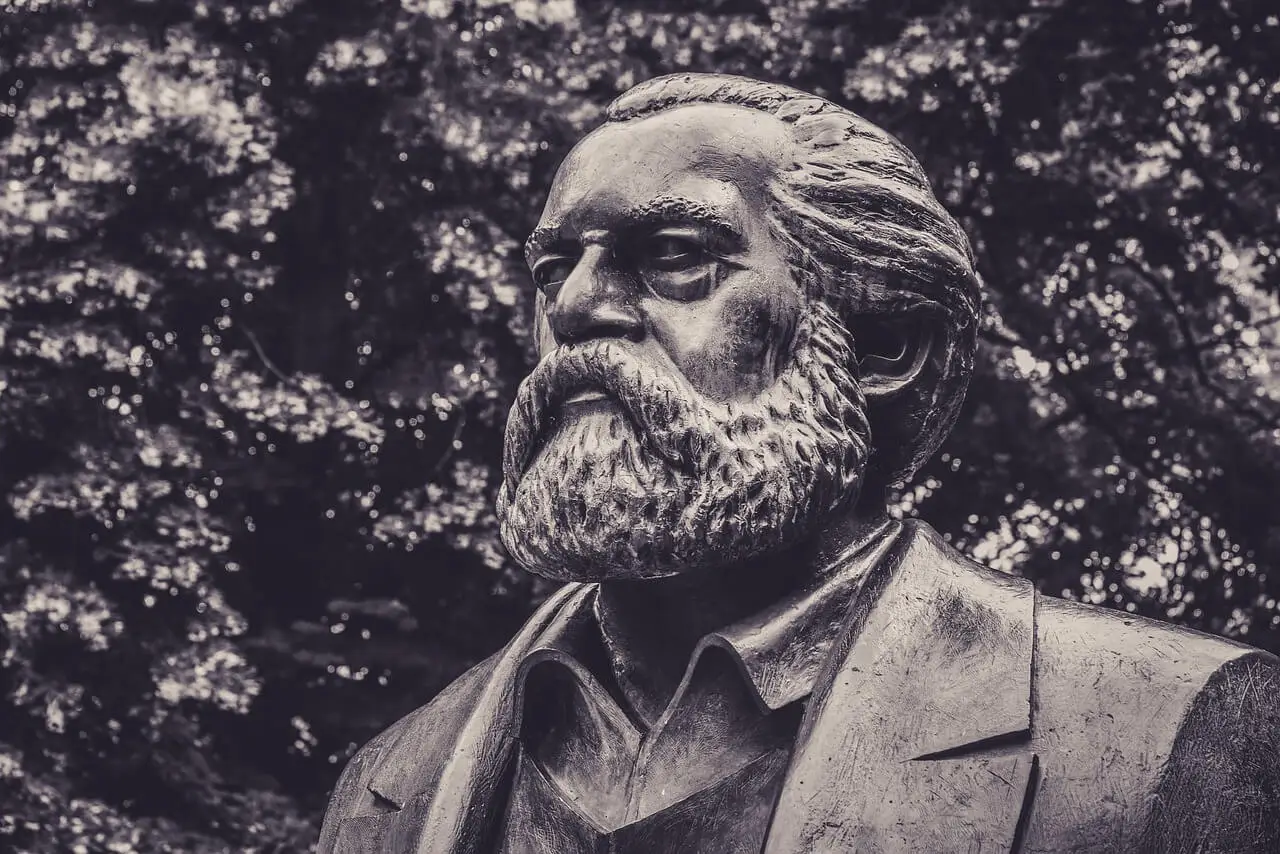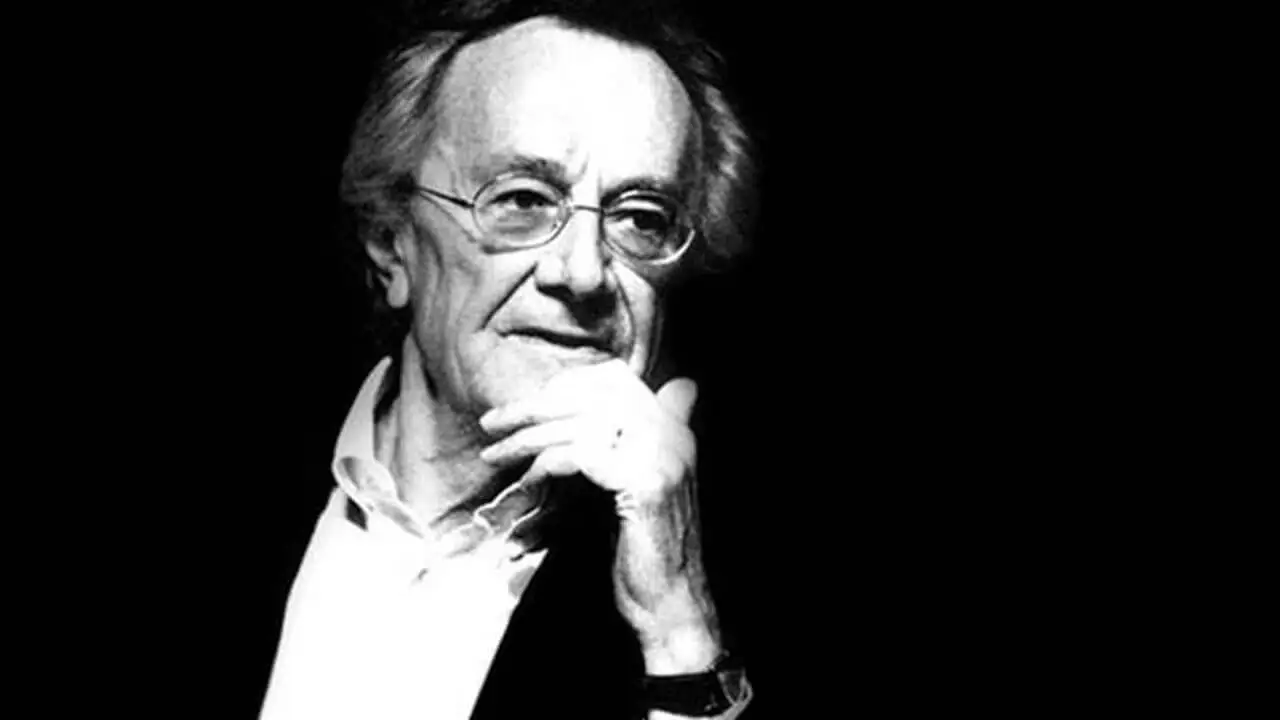What Is Postmodernism? Ideas and Critiques of its Thinkers

Postmodernism is a philosophical, cultural, and artistic movement that emerged in the second half of the 20th century as a reaction to the ideas and values of modernity. In other words, it is a current that seeks to overcome the latter, establishing new ways of understanding human beings and the world around them.
Therefore, postmodernism usually criticizes deep-rooted beliefs about objective reality, value systems, human nature, social progress, and innovation. Let’s take a closer look.
The emergence of postmodernism
The term postmodernism first appeared in the philosophical sphere in 1979, with the publication of Jean-François Lyotard’s The Postmodern Condition.
In this work, the author conceives postmodern culture as the end of the metanarratives or “grand narratives” of modernity. Examples of these are reductionism and the teleological interpretations of Marxism and the Enlightenment, among others.
Let us recall that modernity refers to the social and historical processes that originated in Europe from the 15th century onwards and that are inexorably linked to the Enlightenment, liberalism, the primacy of reason and scientific knowledge, universal truths, industrial capitalism and social progress. Postmodernism is born as an overcoming of these ideas and ways of life.

You can also read about Spinoza’s Philosophy and His View of Nature
Characteristics of postmodernism
To better understand what postmodern culture consists of, here are its most defining characteristics:
- In contrast to modernity, postmodernity is the age of disenchantment. Utopias and the idea of progress as a whole are renounced in favor of individual progress.
- There is a growing boom in consumerism. That is to say, the economy of production is replaced by an economy of consumption.
- Truth is no longer assumed as something universal or absolute, but as a question of perspective or context.
- The limits of modern science in terms of the generation of true, cumulative, and universally valid knowledge are highlighted. Faith in reason and science is lost, but on the other hand, technology is worshipped.
- Language begins to acquire a fundamental role in the construction and interpretation of reality. It is affirmed that language shapes our thinking and there can be no thinking without language.
- People give greater weight to the present, so that the past and the future are considered less relevant.
- Modern Western thought created dualisms to interpret reality (East-West, man-woman, rich-poor). But postmodernism maintains a hybrid or pluralist position with respect to reality, as it assumes that duality in knowledge leaves out numerous nuances and interpretations.
- Texts are questioned. Postmodernists also assert that texts have no inherent authority or objectivity to reveal the author’s intent nor can they tell us “what really happened”. Rather, these texts reflect the biases and particular culture of the writer.
Ideas and critiques of some postmodern thinkers
It’s helpful to keep in mind that postmodernism encompasses a variety of artistic, philosophical, and cultural currents, so to gather all the thinkers in this small section would be an extremely extensive task.
Nevertheless, below we present the ideas and critiques of some of the most outstanding postmodern authors. Let’s take a look.
Jean-François Lyotard
This author criticized modern society for the realism of money, which accommodates all trends and needs, as long as they have purchasing power. He also criticized the idealist, illuminist and liberal Marxist metadiscourses (characteristic of modernity), stating that they are incapable of leading to liberation.
Thus, postmodern culture is characterized by disbelief with respect to these meta-narratives. Faced with them, it isn’t a matter of proposing an alternative system to the current one, but of acting in very diverse spaces to produce concrete changes.

Gianni Vattimo
For Vattimo, postmodernity is a kind of “informative Babel”, where communication and the media acquire a central character. In this sense, postmodernity represents the overcoming of univocal conceptions of closed models, of great truths, and of history as the defining trace of events.
According to Vattimo, postmodernity opens the way to tolerance and diversity, insofar as it leaves behind strong thought, metaphysics and true beliefs. It gives way to weak thinking and nonchalance.
Jean Baudrillard
One of his best-known theses is that in the postmodern world there is no reality, but a simulation of it. A sort of virtual reality created by the media.
A resonant expression of this idea was expressed in relation to the first Gulf War, promoted by Bush Sr. in 1991. First, the president predicted that the war would not happen; when the bombs had already fallen on Baghdad, he maintained the same idea. “The Gulf War never existed,” he said forcefully.
In this sense, Baudrillard affirmed that the war, for most people in the world, had been a television spectacle and not real. The United States, with its safe aerial bombardments, had participated in it like video game players do.
Discover more: Meet the 13 Most Important Spanish Philosophers
Postmodernism is still developing
Postmodernism is a movement that encompasses a series of cultural, philosophical and artistic currents that seek to overcome the ideas and values of modernity. Within this movement, there are a variety of thinkers who haven’t only described the main characteristics of the postmodern world, but have also expressed their agreements and disagreements with the dynamics that have been established within it.
As postmodernism is a contemporary movement, it continues to develop as the era we are living in comes to a close.
All cited sources were thoroughly reviewed by our team to ensure their quality, reliability, currency, and validity. The bibliography of this article was considered reliable and of academic or scientific accuracy.
- Aylesworth G. Postmodernism [Internet]. California: Stanford Encyclopedia of Philosophy; 2015 [consultado el 26 de julio de 2022]. Disponible en: https://plato.stanford.edu/entries/postmodernism/#2
- Gratton P. Jean François Lyotard [Internet]. California: Stanford Encyclopedia of Philosophy; 2018 [consultado el 26 de julio de 2022]. Disponible en: https://plato.stanford.edu/entries/lyotard/
- Vásquez A. La Posmodernidad. Nuevo régimen de verdad, violencia metafísica y fin de los
metarrelatos. Nómadas. Critical Journal of Social and Juridical Sciences. 2011; 29(1).
This text is provided for informational purposes only and does not replace consultation with a professional. If in doubt, consult your specialist.








